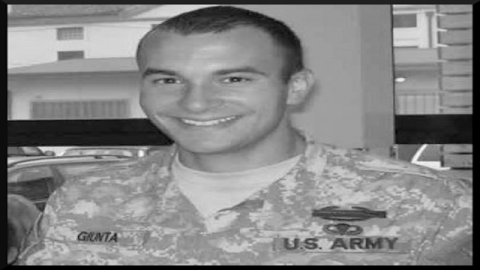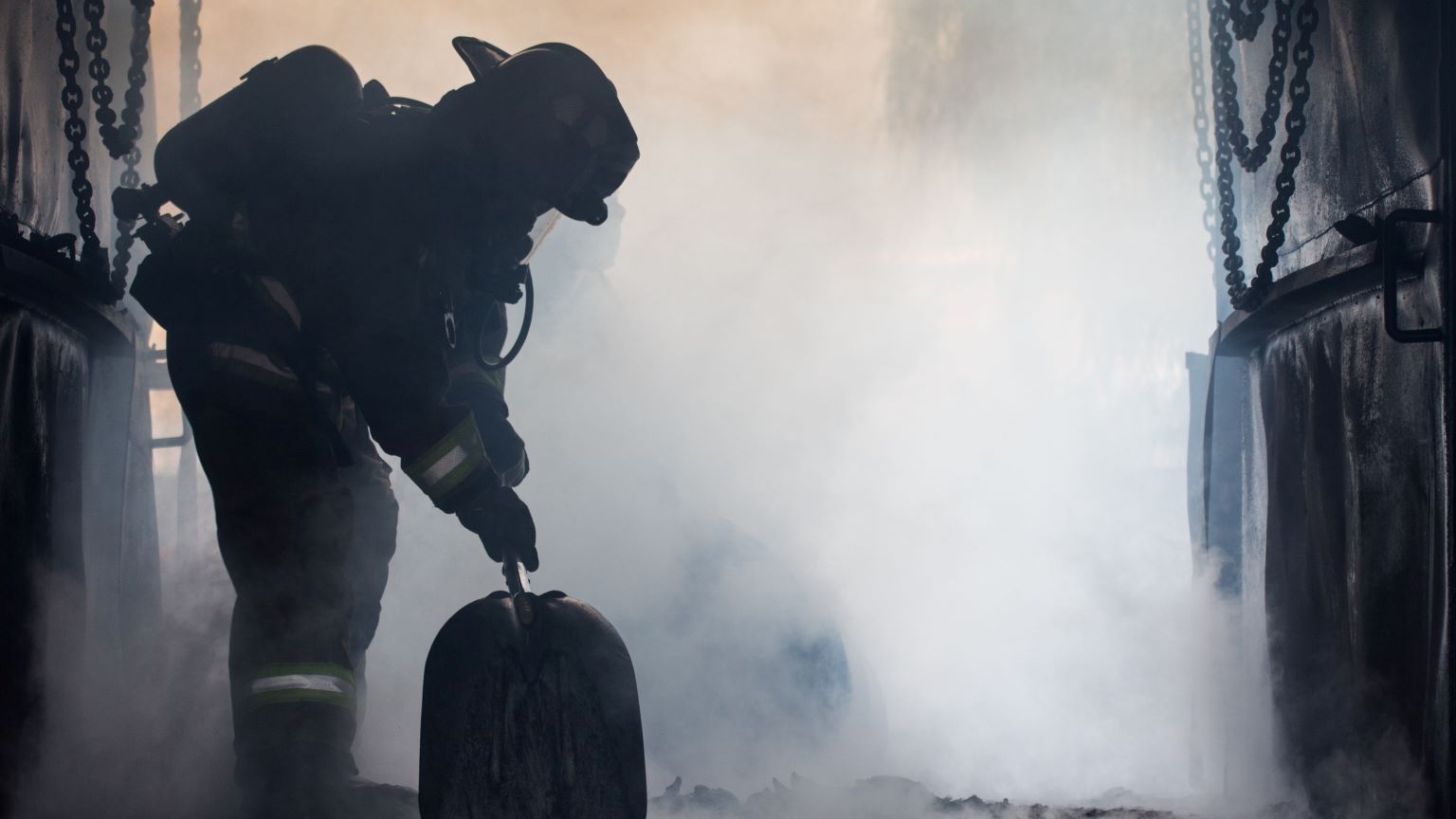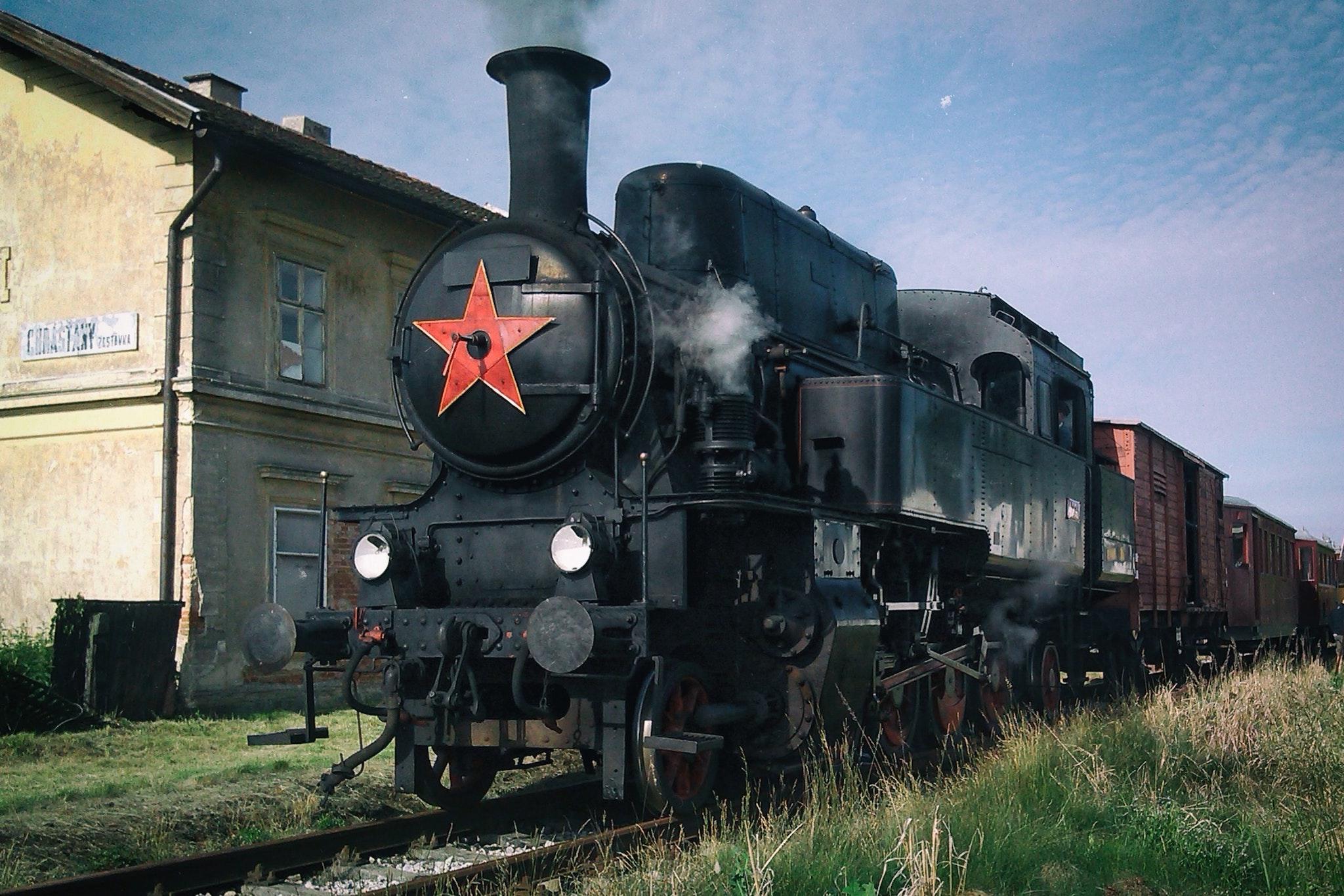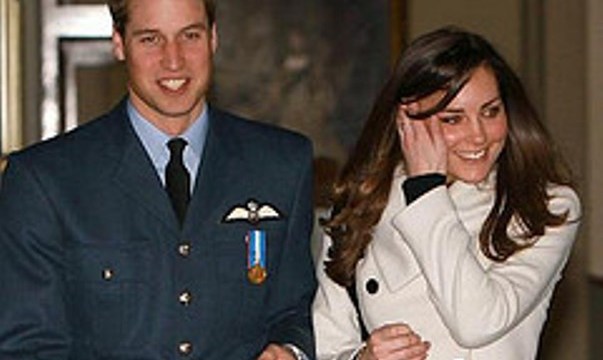Many Good Men: Why So Few Medals of Honor?

Today, President Obama awarded the Medal of Honor to Salvatore Augustine Giunta. This is the first time a living soldier has been awarded this honor since Vietnam. It is the nation’s highest military honor. Giunta is twenty-five years old. In the introduction to her 60 Minutes piece on Giunta, CBS correspondent Lara Logan noted that the Medal is awarded for “extreme bravery in the face of almost certain death.” Giunta exhibits all the qualities we expect in our heroes: humility, courage, calm.
“Did you ever wake up in the morning and think, What the Hell am I doing here?”
“I woke up every morning thinking, What the Hell am I doing here?”
We cannot fail to honor the sacrifices these young men are making. The New York Times Week in Review last Sunday included a piece by Elizabeth Rubin; she was embedded with Giunta’s unit, and she wrote about the experience. She saw first-hand what happened, and articulated what’s bittersweet in the wake:
[Giunta] has said that if he is a hero then everyone who goes into the unknown is a hero. He has said he was angry to have a medal around his neck at the price of Brennan’s and Mendoza’s lives. It took three years for the Pentagon to finalize the award. And it is puzzling to many soldiers and families why the military brass has been so sparing with this medal during the last decade of unceasing warfare.
People always say that in our post-draft age Americans find it hard to relate to war, especially one a world away. Even the word “war” seems so abstract, something sucking vital resources from families at a time when most are suffering. This isn’t what we felt in former wars; we miss the clarity of purpose nations—including ours—felt in times when the “world” engaged in wars with Ends. Yet young men placing their lives at risk do so with the same passion and courage of their predecessors. They have no choice. Even if an Administration—and a public—waivers, our soldiers never will.
This is why we need Medals of Honor. Medals mean something to us even as—ironically—they might mean less to those who wear them. After Giunta referred to himself as “mediocre,” Logan said, “This is the single greatest honor that the military can bestow on its own, and it comes right from the President of the United States himself. That’s pretty good for a mediocre soldier.” “Think how good the great soldiers are,” Giunta responded, without hesitation.
All Quiet on the Western Frontwas published in 1929. In it, German author Erich Maria Remarque wrote of his peers on the frontlines that “We were eighteen and had begun to love life and the world; and we had to shoot it to pieces. The first bomb, the first explosion, burst in our hearts. We are cut off from activity, from striving, from progress. We believe in such things no longer, we believe in the war.” There are eighty-six Medal of Honor recipients alive. Every schoolchild should know their names and the meaning of their legacy. We believe in them. We hope they do not stop believing in us.





